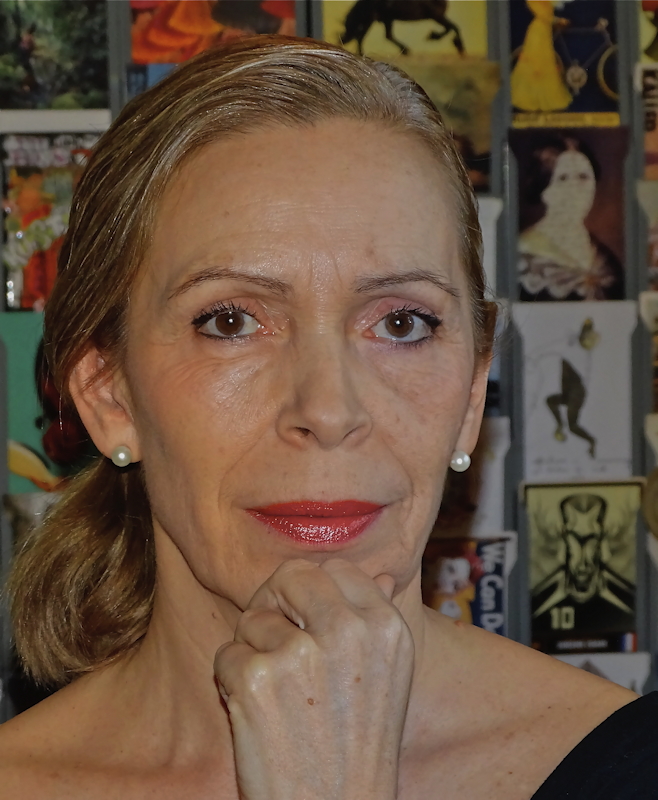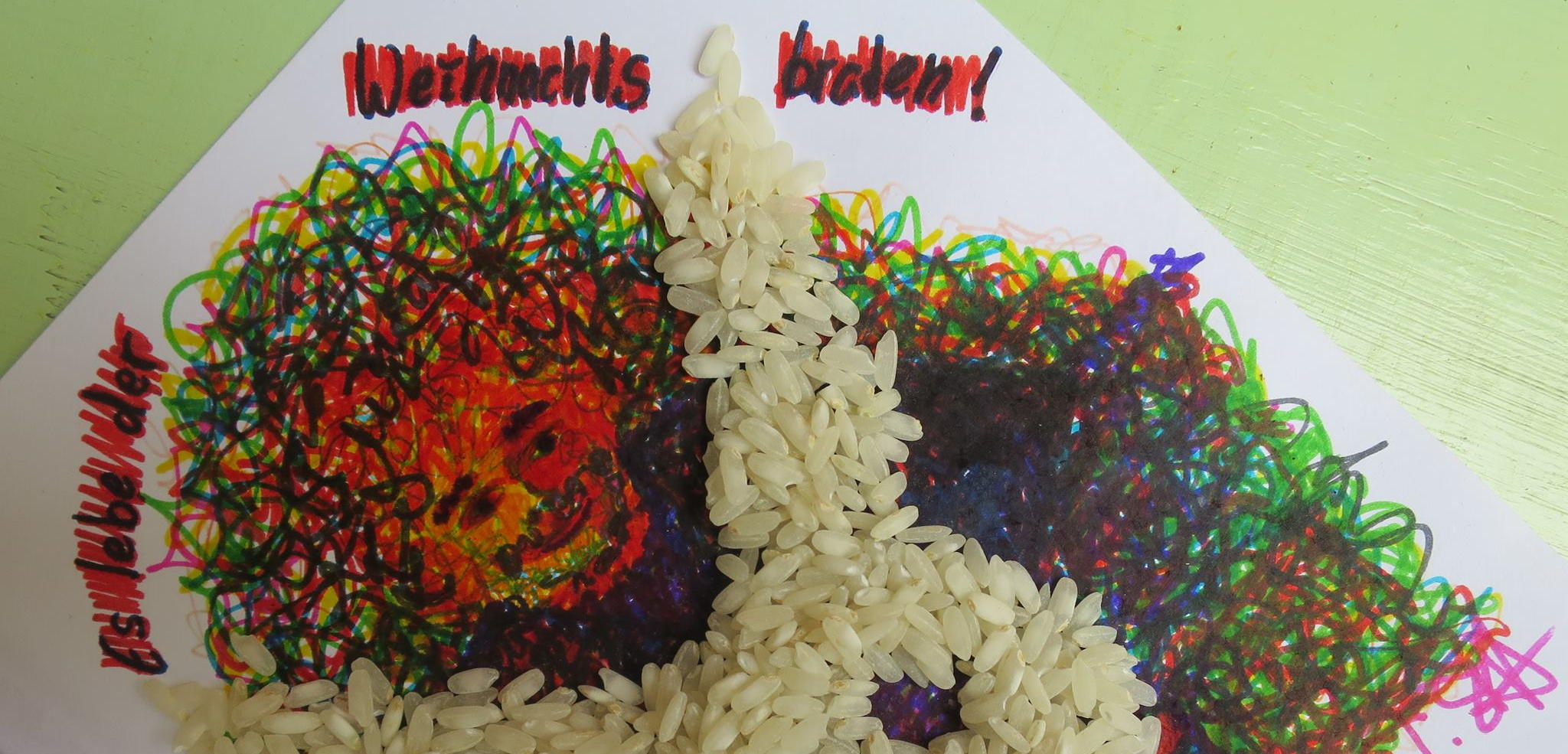Viele Menschen wissen heute schon, dass Tiere empfindsame Individuen sind. Auch ahnen die meisten, dass Tierwohl sich nicht vom Menschwohl unterscheidet. Da bleibt kaum Spielraum für ihre Nutzung. Trotzdem nehmen Gewalt und Ausbeutung mit steigendem ökonomischen Druck zu. Dafür ist nicht nur Profitdenken der anderen verantwortlich, sondern das Verhalten jedes einzelnen.
Wie ich Tiere nutze, ist abhängig von meiner persönlichen Wahrnehmung. Nehme ich Tiere nicht wahr, kann ich zweckbestimmt über sie verfügen wie es mir beliebt. Deshalb braucht es einen unvoreingenommenen Blick, der nicht wertet, beurteilt und seziert, sondern Tiere mit allen Sinnen zu erfassen versucht. Erst darin werde ich als Teil dieser Erde eine neue Wirklichkeit in Empathie und Achtsamkeit, Kooperation und Gewaltfreiheit finden.
Und Pflanzen?
Eine Basilikumstaude auf dem Balkon ist praktisch, frischer und erst noch günstiger als gekaufte Zweige und obendrein schön anzusehen. Aber dann kommt die Prüfung: Kannst Du pflanzisch?
Doris Brunner ist 1963 geboren, lebt in Baden, ist verheiratet und hat eine Tochter. Sie arbeitete als Kostüm- und Maskenbildnerin, Schauspielerin, Kellnerin, schrieb Theaterstücke und geht gerne in den Wald. Heute konzentriert sie sich aufs Schreiben. Für ihren ersten Roman «Die Perücke» sucht sie aktuell einen Verlag.
(Stand 2017)
Recognising animals
Many humans already know that animals are sentient beings. Most humans suspect also that animal welfare does not differ from human welfare. This leaves hardly any margin for the use of animals. Nevertheless, violence and exploitation are increasing with rising economic pressure. The profit orientation of „others“ is not alone responsible for this, but also the behaviour of each individual.
The way I use animals depends on my personal perception. If I do not perceive animals, I can have them at my disposal to do with as I wish. Therefore we need an unbiased view, not classifying, nor judging, nor dissecting, but trying to understand animals with all our senses. Only therein, as a part of this earth, will I find a new reality by empathy and mindfulness, cooperation and nonviolence.
What about plants?
A basil shrub on the balcony is more convenient, fresher and even cheaper than sprigs bought in the supermarket – and on top of that nice to look at. But then you will be severely tested: Do you speak herbal?

Doris Brunner, born 1963, is married and the mother of a daughter. She lives in Baden, Switzerland. She worked at the theatre as a costumier, make-up artist, and actor, as well as a waitress. She loves to go to the forest. Today she concentrates on writing and is looking for a publisher for her first novel “The Wig“.
(Last update 2017)
zurück zum Buch
back to the book
Tiere nutzen?
Use animals?
Autoren in der Reihenfolge im Buch · Authors in the order they appear in the book
Vorwort / Preface
Philipp von Gall
Heinz Emmenegger
Stefan-Andreas Johnigk
Peter Jossi
Markus Ritter
Andreas Tilk
Helmut Bartussek
Rolf Schatz
Nadia Brodmann
Andrea Meisser
Rolf Frischknecht
Claudia Kistler
Daniela Brunner
Janet Strahl
Jörg Luy
Bernhard Trachsel
Rudolf Winkelmayer
Sigrid Lüber
Yves Zenger
Emily Patterson-Kane
Helmut Ziegler
Billo Heinzpeter Studer
Klaus Petrus
Antoine F. Goetschel
Phil Brooke
Thomas Gröbly
Joyce D’Silva
Doris Brunner
Renato Pichler
Erich Gysling
Jonathan Balcombe
Björn Hayer
Stijn Bruers
Lena Lindström
Anton Rotzetter
Christa Blanke
Tanja Busse
Diana Soldo
Nachwort / Epilogue

